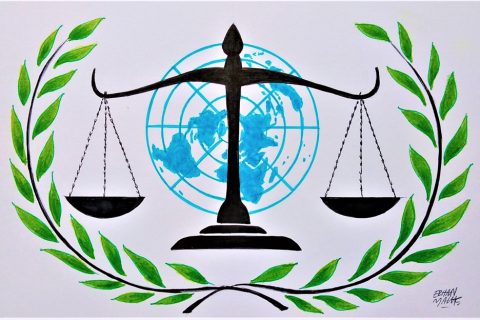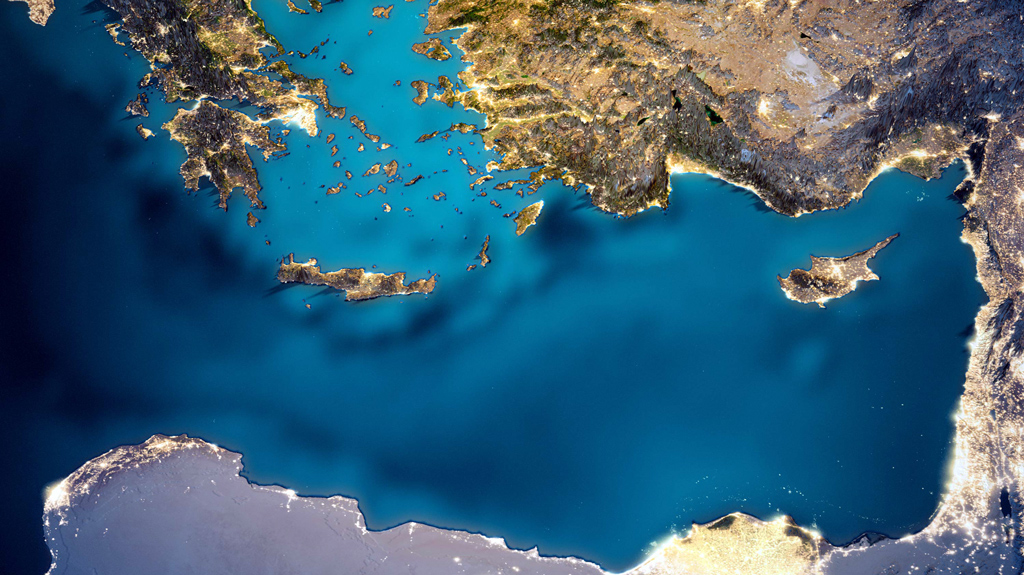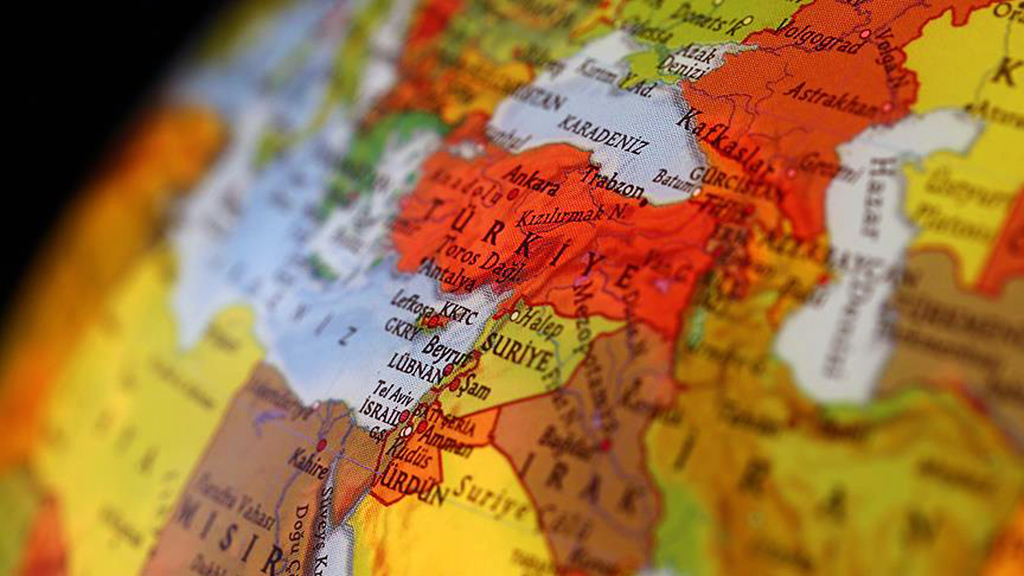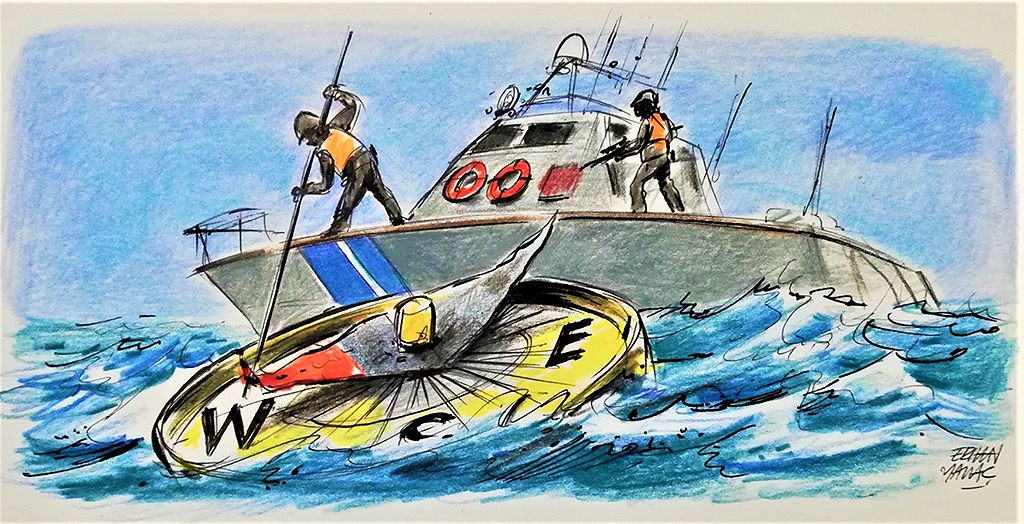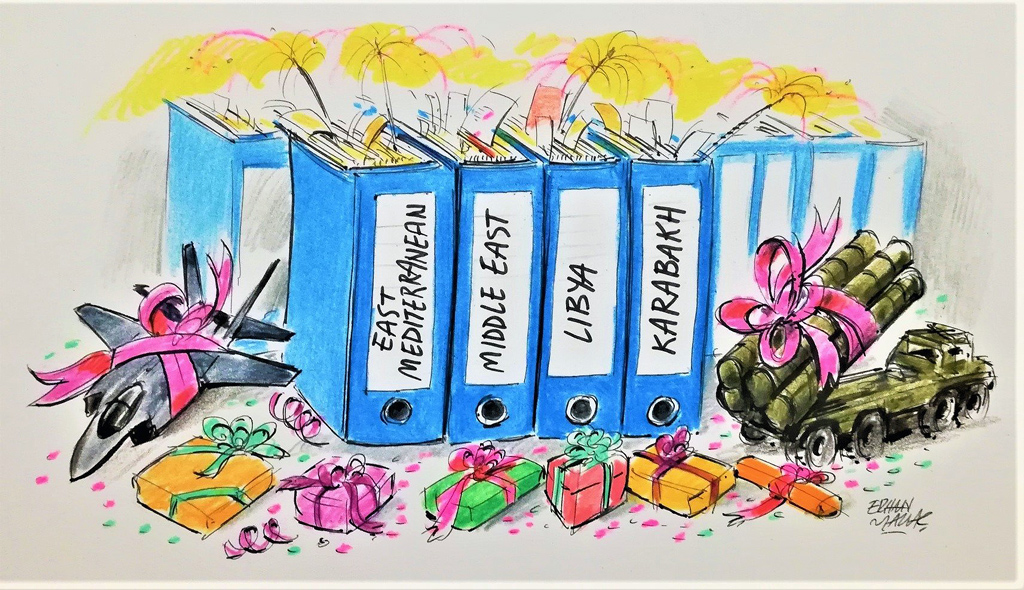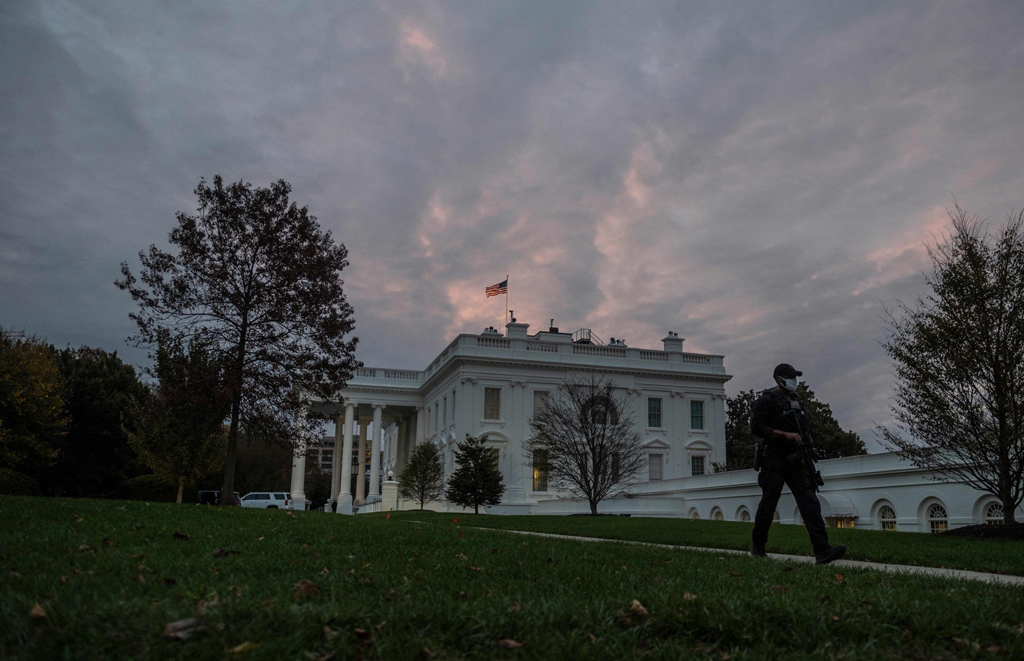U.N.
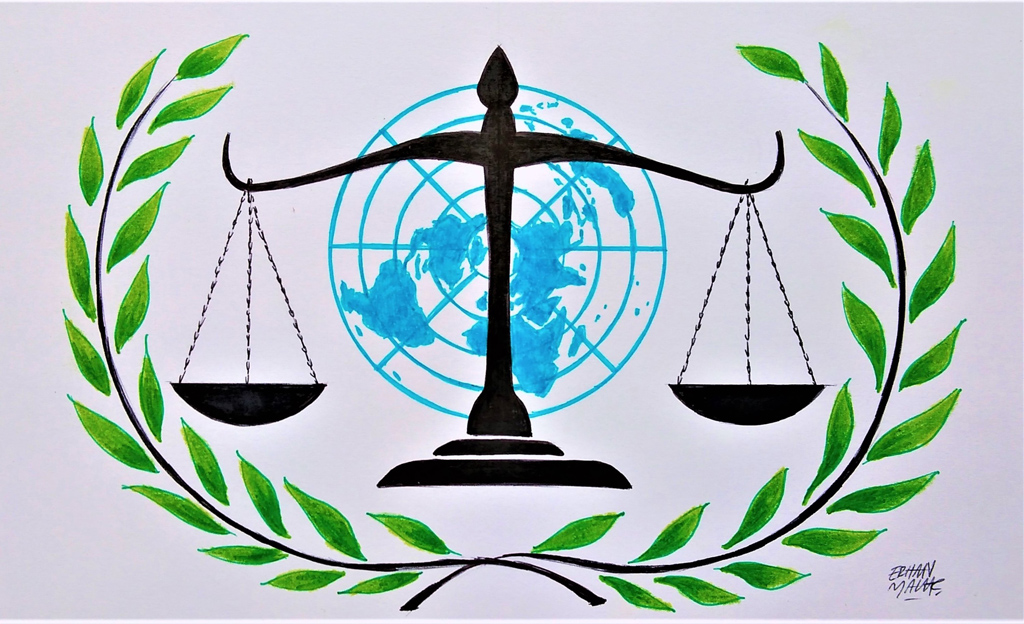
Erdoğan’s diplomatic expertise left its mark on New York
| OpinionI am in New York City, where the heart of diplomacy is beating, with President …
-
Opinion
Erdoğan’s diplomatic expertise left its mark on New York
By Burhanettin DuranI am in New York City, where the heart of diplomacy is beating, with President Recep Tayyip Erdoğan for the 78th Session of the United Nations General Assembly. This year’s general debate theme, which takes place after the BRICS (Brazil, Russia, India, China and South Africa) expansion and the G-20 summit in New Delhi, India, will be “rebuilding trust and reigniting global solidarity.”
-
Opinion
A solution in Cyprus is far away
By Hacı Mehmet BoyrazNo one believes the issue can be resolved soon due to the current dynamics on the island.
-
Opinion
Silent humanitarian calamity in Yemen: Who to blame?
By Muhittin AtamanYemen is one of the poorest countries of the Arab world and has been suffering for decades. Ali Abdallah Saleh's pre-Arab Spring administration was corrupt, leading the Yemeni people to take to the streets, eventually toppling the Saleh government in 2012 when the waves of the Arabic revolutions reached the country.
Bu Konuda Daha Fazla
-
The Legal Aspects of the Eastern Mediterranean Question
By Halil Rahman BasaranThis analysis deals with the Turkish-Greek tensions with regard to natural resources in the Eastern Mediterranean and the Sea of Islands and contributes to the clarification of international law.
-
Arab Spring: A flashback to past 10 years
By Burhanettin DuranThe wave of democratization, which began with the Jasmine Revolution in Tunisia, took down the authoritarian leaders of Egypt, Libya and Yemen. Whereas the uprising in Bahrain was crushed thanks to Saudi Arabia’s military intervention, Iran and Russia ensured the survival of Bashar Assad’s regime in Syria.
-
When the West says sorry, everything becomes all right
By Muhittin AtamanWestern countries have been dominating world politics for the last five centuries. Their foreign policies have been based on realpolitik, politics based on practical situations and needs, rather than on moral principles or ideas. Therefore, they can instrumentalize everything and violate basic principles of law to achieve their political and economic objectives, especially when they are stuck.
-
In new geopolitical equilibriums, Turkey and US can mend...
By Burhanettin DuranVarious geopolitical issues, in which Turkey has taken active steps in recent years, are quickly developing and on two key fronts, the conflict has given way to reconciliation.
-
Can US repair its declining foreign image after elections?
By Kılıç Buğra KanatThere have been ongoing debates about the U.S.'s declining relevance in regional crises over the last several years. Although the U.S. administration has consistently reiterated its interest in the developments across different regions and expressed certain positions on regional crises, its effectiveness in determining the outcome of these crises is in constant decline.
